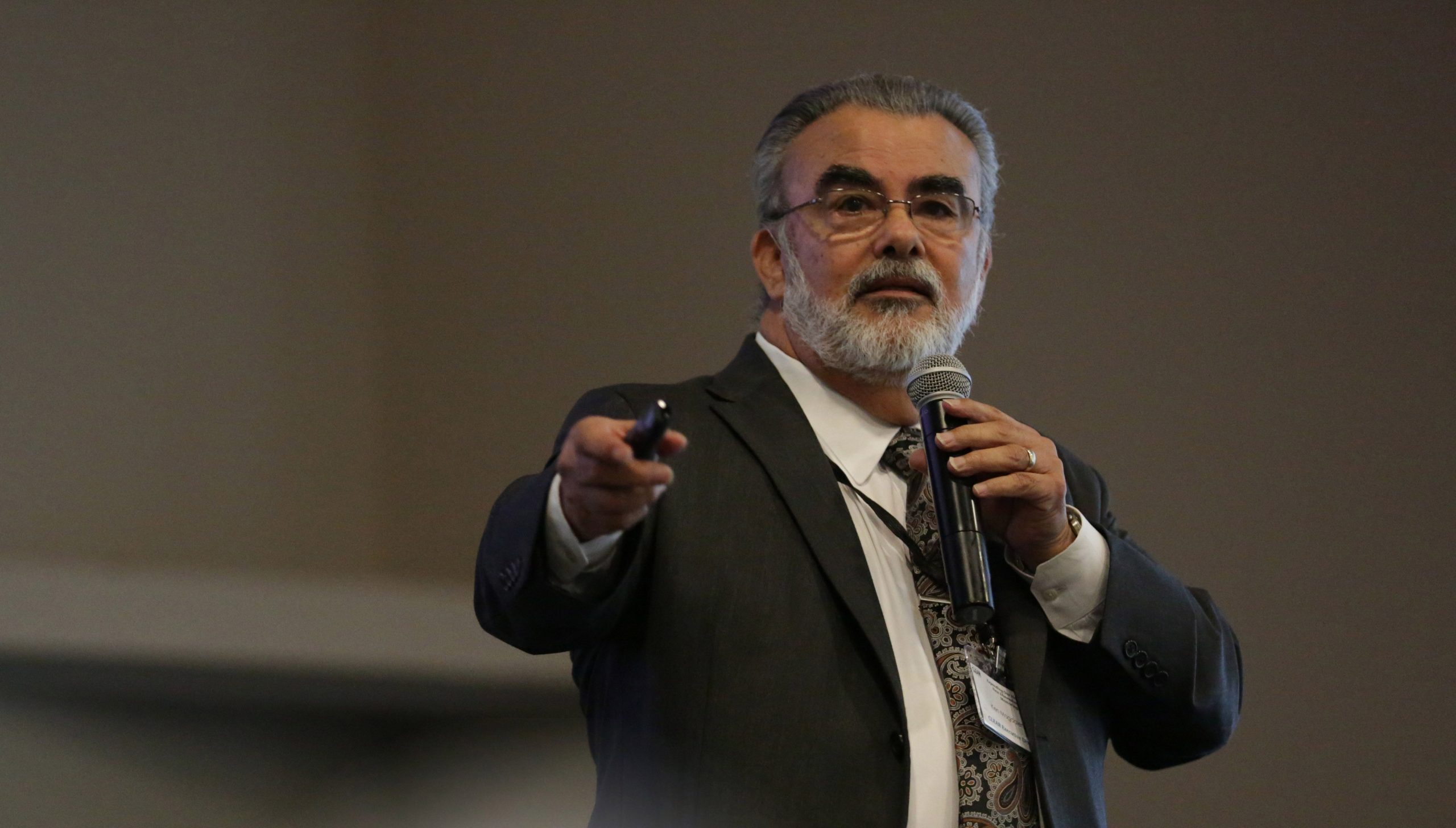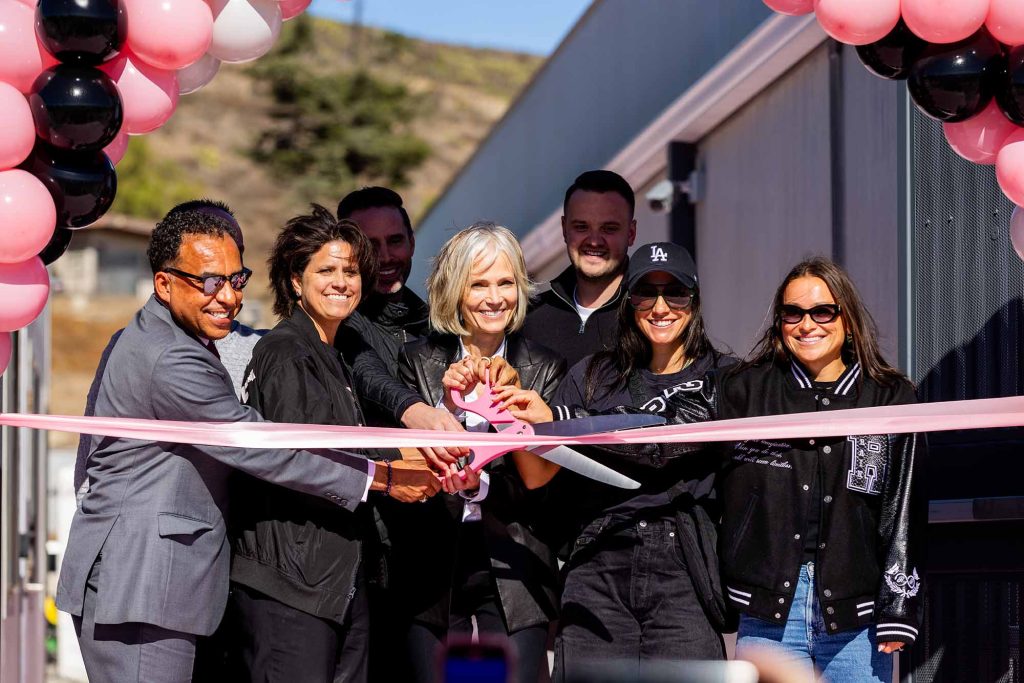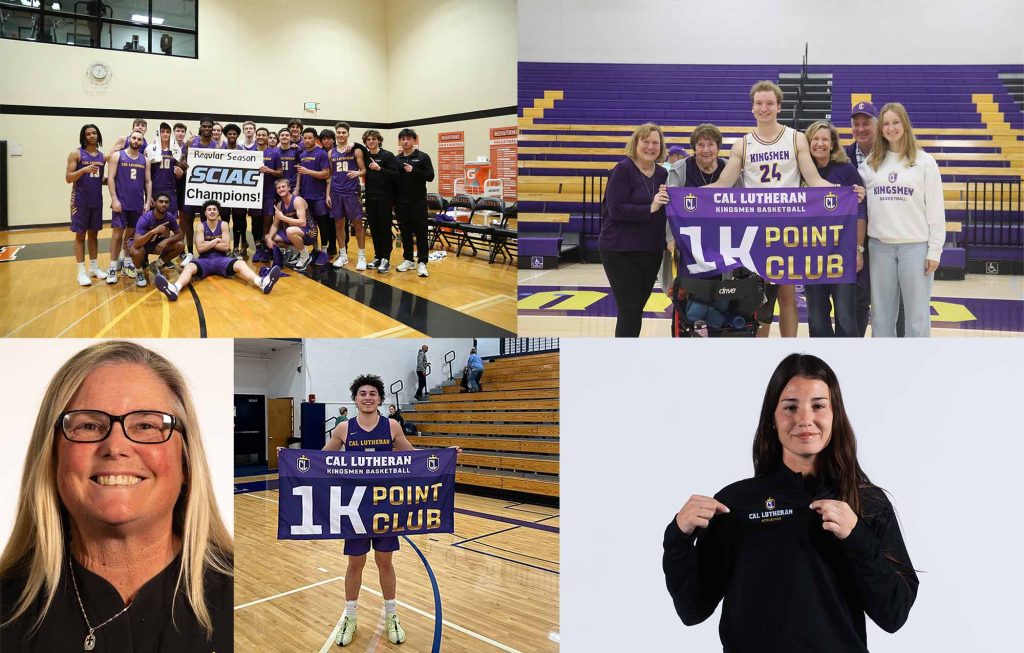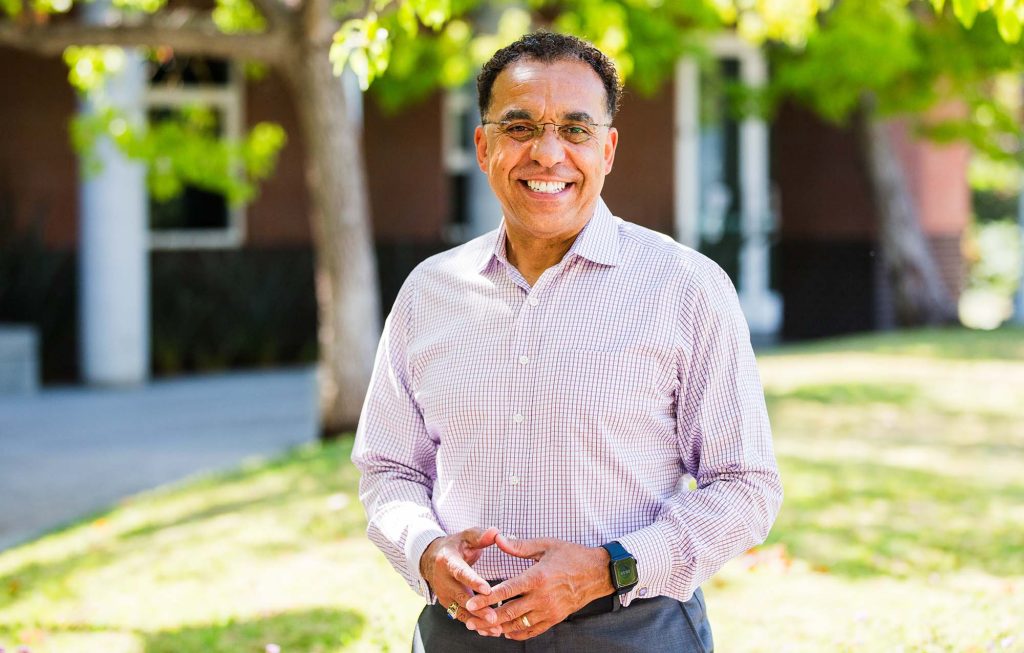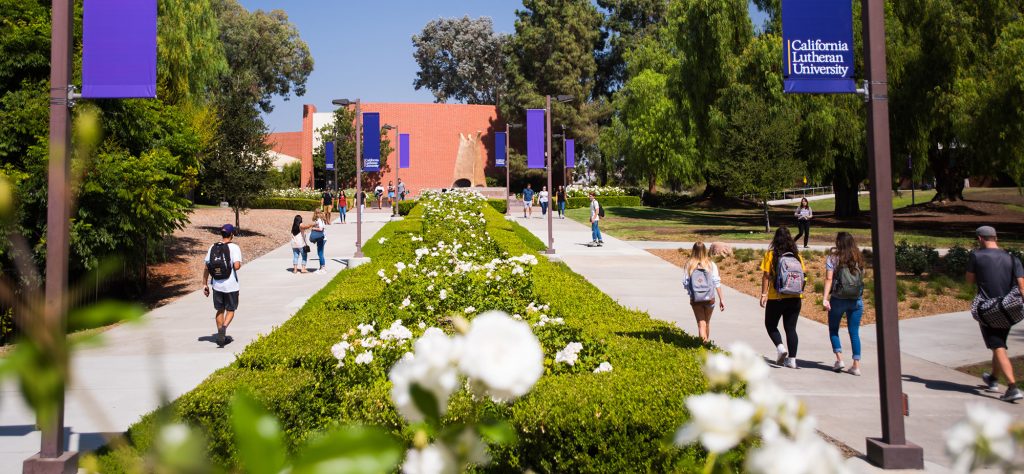Being at Oxford University in England, speaking at Oxford Union Hall, was a once-in-a-lifetime, out-of-body experience. Yet there I was, a member of the “Oxford Round Table,” in 2005.
Very little in my life could have allowed me to imagine that I would be in England at that time and place.
I grew up in Saticoy, an unincorporated community east of Ventura in Ventura County, California. Although I began as a kindergarten student at Saticoy Elementary School, Mexican-American students seemed to be an afterthought in the district because we were bused across town for middle school until a new school was built closer to Saticoy.
Academic expectations were low for Latino (Mexican American was the term used at the time) students like me. During high school, it was not unusual for Latino students to graduate without seeing a counselor to learn about applying to college. Counselors — unless they were ahead of their time — steered Latinos toward vocational classes. They didn’t even suggest the idea of academics beyond high school.
After high school I wandered a bit, failing courses at Ventura College because I didn’t go to class. In fall 1966 I volunteered for the draft, and entered the military in January 1967 — not a great time to have failed out of college. I ended up serving as an infantryman on the border between North and South Korea, also known as “the Zone.” After running night patrols in the Demilitarized Zone for 13 months, in December 1968 I received my discharge from the military and made my way home to begin the next phase of life’s journey.
In 1985, after many years working as a civil servant, then four years as manager of an agricultural packing plant in Oxnard, I lost my job because of a change in the direction taken by the owner. I was 37 years old, and my wife and I (we married in 1967) had three children. I’d earned a number of units at Ventura College with an embarrassingly low GPA and had no idea where to turn.
But the adage “when one door closes, another one opens” was about to come true for me.
Growing up, I was always among the smallest of athletes, but fast. Sports like baseball and football provided me with the opportunity to use two things that allowed me to prosper: my speed and my anger. My mom died when I was 4 years old, and I did not do well when my father remarried. I was in and out of the home, living with my older brother and other relatives until I settled in with another family for the last two years of high school.
Playing sports was always my lifeline, and eventually changed the direction of my life. At age 37 I ran into a former football teammate who was the head coach of a local high school football team. When he asked, “Would you like to serve as a walk-on coach?” I said yes. I also returned to Ventura Community College — as a real student who earned a place on the dean’s list as well as my associate degree.
However, my educational journey was far from over. As a husband and father, I knew my choice of higher education needed to be a local university so I wouldn’t be far from home. Cal Lutheran was my choice.
I clearly remember my first visit, and the respect I felt for the university when I walked on to campus and saw my name posted on a small sign, welcoming me. For someone who didn’t believe that higher education was in my future, this was of immense importance, and I will never forget the remainder of my time at Cal Lutheran. I went on to earn my BA, teaching credential, and master’s degree in counseling and guidance at Cal Lutheran.
I don’t think I would have been as successful at any other college. Cal Lutheran was small enough for me to develop close, lifetime relationships with faculty and administrators. They treated me like a student, but also like an adult, with special respect because I was an older, reentry student. I wasn’t an “academic,” I was just an average guy learning much of the coursework for the first time.
Around 2000 a district administrator asked me a question that opened my eyes to a new possibility: “When are you going to get your doctorate?” My response to him was: “I’m too old to get a doctorate.” Still, I applied for and was admitted to UCLA’s doctoral program in educational leadership and completed my studies in 2004, with a dissertation titled “Lending a Helping Hand: Mentoring Tomorrow’s Latina and Latino Leaders Into the 21st Century.”
I presented those dissertation findings to a group of international educational leaders at the 2005 Oxford Round Table in Educational Leadership, which was a fantastic experience and a new beginning on my leadership journey. Shortly thereafter I became a faculty member at California State University, Fresno, and eventually became director of the doctoral program in educational leadership. My way of working with students in the master’s and doctoral programs was very influenced by how I was treated at Cal Lutheran.
I retired from Fresno State in 2018 and today serve as founder and CEO of the Center for Leadership, Equity, and Research (CLEAR; information at clearvoz.com), a nonprofit in California’s Central Valley. The organization, started in 2011, develops and mentors social justice leaders, addresses inequities, and provides opportunities for educators from pre-K through higher education to learn from and about each other.
CLEAR has also developed the Journal of Leadership, Equity, and Research (JLER), with articles primarily by people of color. Because the journal is indexed, it helps academics who are seeking tenure-track positions but have had trouble breaking in to publishing. We also offer leadership development workshops, and work with school districts to teach them about cultural proficiency, and how to discuss diversity, inclusion, equity and race.
I never thought I would graduate from college, let alone earn a doctorate. So many of my peers growing up at the same time were not provided the opportunity and access to attend college, and I often thought I was representing them on my journey.
But my journey did not stop with “retirement.” There is too much work yet to do. The journey continues.
Ken Magdaleno is the founder and CEO of the Center for Leadership, Equity, and Research (CLEAR). He can be reached at kmagdaleno@clearvoz.com or linkedin.com/in/clearvoz. Visit CLEAR online at www.clearvoz.com.


